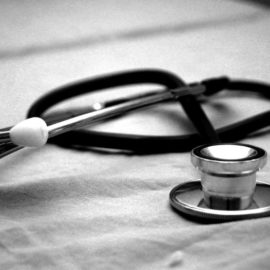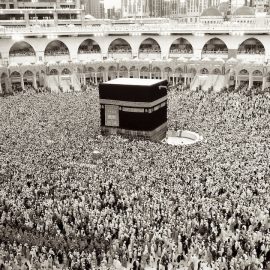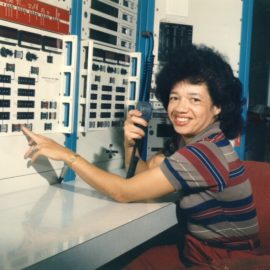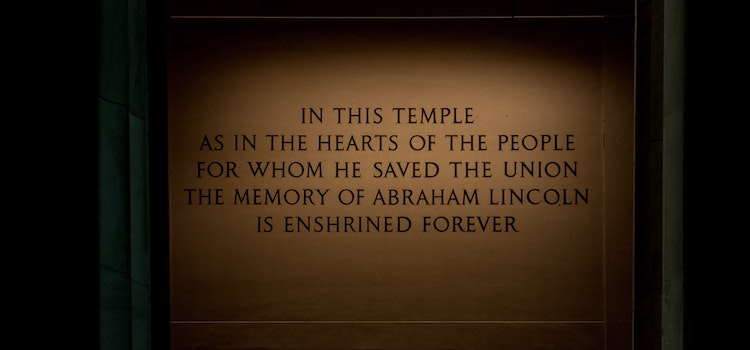
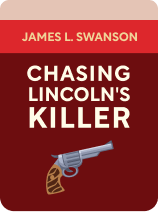
This article is an excerpt from the Shortform book guide to "Chasing Lincoln's Killer" by James L. Swanson. Shortform has the world's best summaries and analyses of books you should be reading.
Like this article? Sign up for a free trial here .
What led up to the assassination of Lincoln? What was the political environment? What was going on in the minds of the assassins?
The assassination of Lincoln occurred in April 1865. The previous year, John Wilkes Booth had planned to kidnap the president, but the plot failed. By the spring of 1865, Booth was determined to kill the president. Several key events deepened Booth’s dismay and his obsession with this deadly plan.
Read more to learn about the months, weeks, and days leading up to the assassination of Lincoln.
Washington, D.C., in 1865
What was the political atmosphere in which the assassination of Lincoln was conceived?
In the spring of 1865, Lincoln was beginning his second term as president, and Washington, D.C. was starting to breathe more easily as the four-year Civil War wound down.
However, many rebels and Confederate sympathizers refused to give up the so-called lost cause of slavery and states’ rights, holding out hope of eventually winning. Washington and the surrounding countryside harbored numerous spies and supporters of the Confederacy who looked for ways to undermine the Union.
One vehement anti-Unionist was a popular 26-year-old actor, John Wilkes Booth. He was a racist and Lincoln-hater who maintained contact with a broad range of Confederate agents and sympathizers during and after the war, from Canada and New York City to Virginia. In 1864, he had concocted a failed plot to kidnap the president and hold him hostage in the Confederate capital of Richmond. While the plotters were lying in wait for Lincoln’s carriage, Lincoln was speaking at the very hotel where Booth was living.
In the spring of 1865, after General Robert E. Lee’s disappointing surrender, Booth became increasingly dismayed with Lincoln—and a belief took root that killing Lincoln would rally Confederate sympathizers and veterans to renew the fight and defeat the Union.
Precipitating Events That Led to the Assassination of Lincoln
The key events in Washington that shaped Booth’s obsession with killing Lincoln included:
- March 4, 1865: With the Civil War nearly won, Lincoln delivered his second inaugural address, a brief 701-word speech in which he talked of binding up war wounds and restoring peace and unity as a nation. (“With malice toward none, with charity for all … let us strive on to finish the work we are in.”) A photographer recording the scene captured a photo of Booth among the spectators in a balcony above the stands.
- April 3, 1865: The Confederate capital of Richmond, Virginia fell, and people began celebrating in the streets of Washington, waving paper flags with the message, “We celebrate the fall of Richmond.” A few days later, Booth commented while drinking at a bar in New York City that he’d been close enough to Lincoln on Inauguration Day to have killed him. (“What an excellent chance I had…”)
- April 9, 1865: Lee and the Army of Northern Virginia surrendered to Union General Ulysses S. Grant at Appomattox. Back in Washington from New York, Booth roamed the streets in despair.
- April 11, 1865: A celebratory parade assembled at the Executive Mansion (an early name for the White House) and Lincoln gave a long speech in which he advocated giving African-Americans, especially those who had fought for the Union, the right to vote. In the audience, Booth turned in anger to a co-conspirator, David Herold, and vowed to kill Lincoln: “Now, by God, I’ll put him through.” As they were leaving, he told another co-conspirator, Lewis Powell, “That is the last speech he will ever give.”
- April 13, 1865: Crowds celebrated the end of the war by lighting up Washington with torches, gaslights, and fireworks. Booth watched for a while, then went to his room at the National Hotel after midnight but couldn’t sleep.
- April 14, 1865: While picking up his mail the next morning at Ford’s Theatre, which accepted mail for actors, Booth discovered that preparations were being made for President and Mrs. Lincoln’s planned attendance at a performance of Our American Cousin that evening.
Sadly, the will and the opportunity for the assassination of Lincoln were now in place.

———End of Preview———
Like what you just read? Read the rest of the world's best book summary and analysis of James L. Swanson's "Chasing Lincoln's Killer" at Shortform .
Here's what you'll find in our full Chasing Lincoln's Killer summary :
- A vivid account of Abraham Lincoln’s assassination
- The 12-day pursuit of killer John Wilkes Booth and his co-conspirators through Washington, D.C., Maryland, and Virginia
- A story that is condensed to be suitable for readers of all ages


